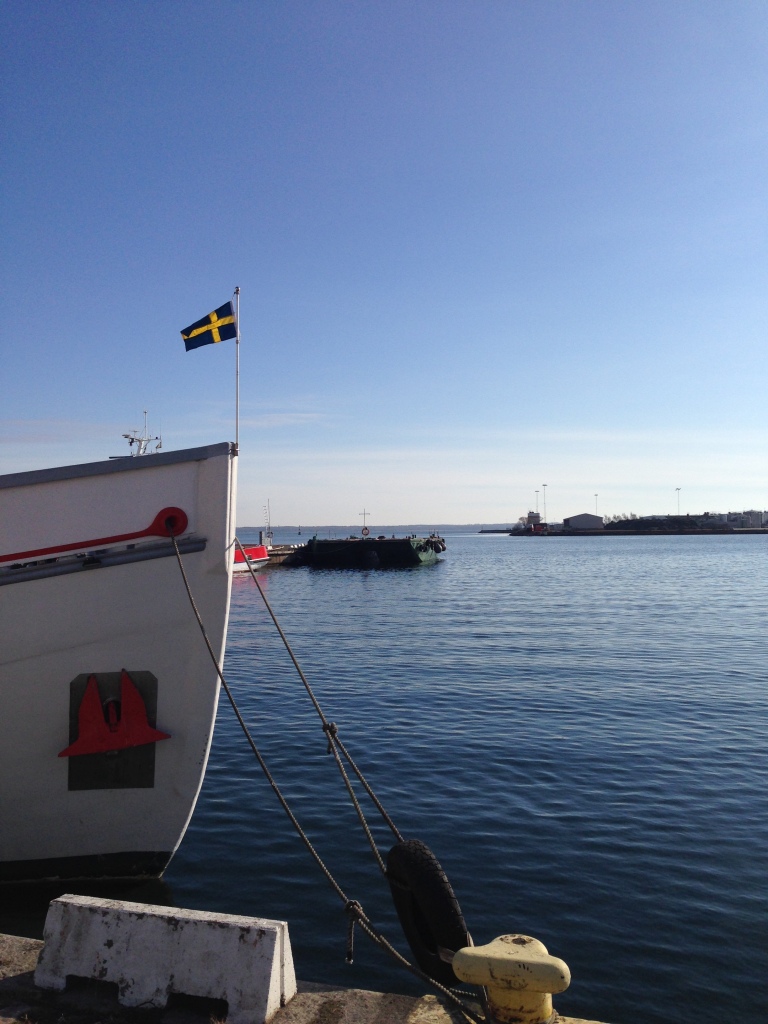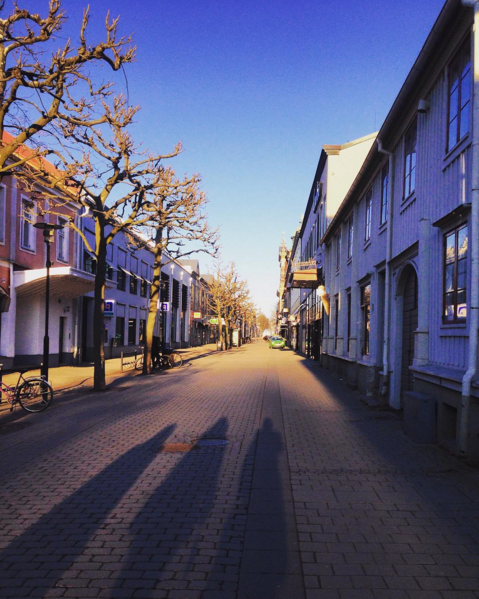ISEP student Diana Laura de Anda Padilla is a student blogger and part of our new ISEP Voices program. She is a design major from Instituto Tecnológico y de Estudios Superiores de Occidente (ITESO), and is currently studying abroad at Linnaeus University in Sweden.
During my time in Sweden, I have learned some tips that can help simplify your time abroad. Here are some things you should do before you leave to study abroad.

1. Unlock your cell phone
Most phones are locked by default by the carrier. If you are planning to go abroad, it is very useful to get a local number. I would strongly recommend you ask your carrier company from your country to unlock your phone. They are obligated to do it without charge, but be aware that it would take more or less one week, so plan it in advance.
Most of my friends didn’t know about this and struggled a lot trying to fix the problem; some of them didn’t manage to fix it and ended buying a new phone.

2. Contact your bank
This is a must do! If you don’t warn your bank that you are going to be out of your country, they will block your card for your security as soon as you buy anything in another country.
Some of my friends told their banks they were going to be in Sweden for six months, but it is better to ask them to unblock your card for all Europe.Those who only mentioned Sweden started having troubles as soon as they started traveling outside Sweden.
3. Do your research
 Scandinavia is one of the most expensive areas of the world. The website Numbeo is a very useful page that shows the costs of living in different cities all over the world. You can even make a comparison between your home city and the place where you are planning to go, and you can select the device in which you would like to see prices.
Scandinavia is one of the most expensive areas of the world. The website Numbeo is a very useful page that shows the costs of living in different cities all over the world. You can even make a comparison between your home city and the place where you are planning to go, and you can select the device in which you would like to see prices.
This is very helpful to avoid expensive things and to identify the affordable ones! For example, knowing in advance that taxis in Sweden are super super expensive will help you to avoid them, instead of getting a heartbreaking bill after using one.
4. Bring power adapters
Unless you are from Europe, you will face a different voltage and connectors. It is very necessary to have at least one or two adapters to keep using your electronic devices. You can find these items in airports or electronic stores like Radio Shack.

5. Make copies of all your important documents
It is very important to have a backup plan in case of an emergency, or in case you lose your passport, visa, credit cards, IDs, insurance policy or anything else.
My best advice is to scan all those important documents and leave a copy with your family in case something happens, and also have another copy with you.
6. Exchange emergency contacts with new friends
As soon as you know people you can trust (like a buddy or a roommate), it is a good idea to give them a contact number of one or two of your relatives, and vice versa, just in case something happens to you. Hopefully you won’t need it but it’s better to be safe.

7. Bring a basic medicine kit with you
You might suffer jet lag, change your diet, face different weather conditions and change some other habits that may make you feel sick. It is very useful to have painkillers with you and medicine for your stomach. My first few days in Sweden, I experienced intensive headaches due to jet lag, and some of my friends had stomach diseases the first weeks of our exchange. Bringing some medicine from home will make it much easier to adjust.
8. Pack light
One of my biggest mistakes was bringing more baggage than needed. I had one very large bag (23 kilos), a carry-on bag (10 kilos), and a personal item, which was my backpack. Even though it didn’t seem to be that much at the beginning, there was a point where I wanted to leave everything in the street. You will probably need more than one flight, and to take a train or a bus to make it to your final destination. Carrying unnecessary baggage will be a pain.
In my case I needed to take two different flights, one from my home city to the capital of my country, and then another to Stockholm. After that, I took a bus that drove me to the train station where I took a train to Växjö, my final destination, but even in Växjö I still needed to take another bus and a cab. I swear there was a point where the only thing I could think was “Why on earth I decided to bring so many bags?!”
Are you ready to study abroad? Tell us what you’re looking for and we’ll work to match you with a program.
Like this Story? Also like us on Facebook.